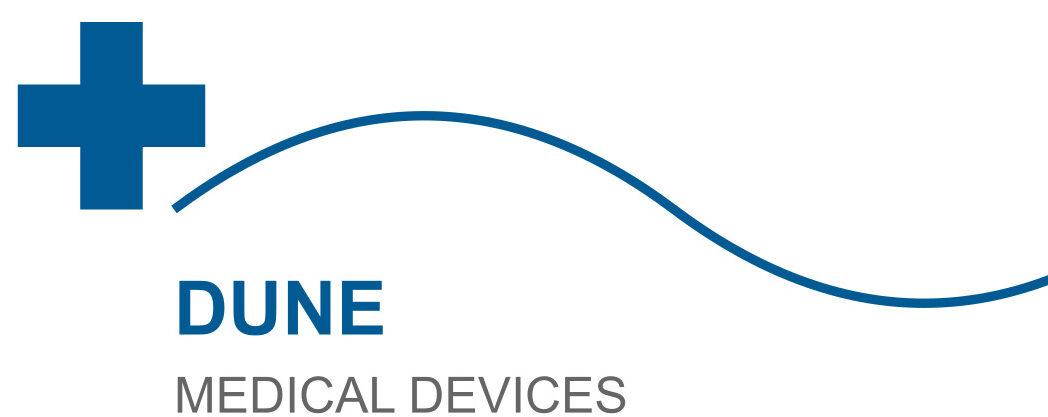Medical Device Sales Rep vs. Medical Device Rep: Key Differences Explained
Are you considering a career in the medical device industry but unsure about the differences between a medical device sales rep and a medical device rep? While these roles may sound similar, they serve distinct purposes in the medtech field. Understanding these differences can help you choose the right path to financial success and career fulfillment. In this guide, we’ll break down the job roles, responsibilities, and key distinctions—so you can make an informed decision and position yourself for wealth and success in this lucrative industry.
What Is a Medical Device Sales Rep?
A medical device sales rep is primarily responsible for driving revenue by selling medical equipment, devices, and technology to healthcare providers. Their focus is on building relationships, closing deals, and meeting sales targets.
Key Responsibilities
- Sales & Revenue Generation: Meeting and exceeding sales quotas by promoting medical devices to hospitals, clinics, and physicians.
- Client Relationship Management: Building long-term relationships with healthcare professionals to secure repeat business.
- Market Research: Identifying new sales opportunities and staying ahead of industry trends.
- Product Demonstrations: Showcasing the benefits of medical devices to potential buyers.
Skills Required
- Strong negotiation and persuasion skills
- Excellent communication and interpersonal abilities
- Knowledge of medical terminology and healthcare regulations
- Ability to analyze sales data and adjust strategies accordingly
What Is a Medical Device Rep?
A medical device rep (often referred to as a technical rep or clinical specialist) focuses on the technical and clinical aspects of medical devices. They provide support during surgeries, train medical staff, and ensure proper device usage.
Key Responsibilities
- Technical Support: Assisting surgeons and medical staff during procedures involving the device.
- Training & Education: Educating healthcare professionals on device functionality and best practices.
- Troubleshooting: Addressing technical issues and ensuring devices operate correctly.
- Regulatory Compliance: Ensuring all device usage adheres to industry standards and regulations.
Skills Required
- Deep technical knowledge of medical devices
- Strong problem-solving abilities
- Ability to work under pressure in clinical settings
- Excellent teaching and communication skills
Key Differences Between a Medical Device Sales Rep and a Medical Device Rep
| Criteria | Medical Device Sales Rep | Medical Device Rep |
|---|---|---|
| Primary Focus | Sales & revenue generation | Technical support & clinical training |
| Work Environment | Sales meetings, conferences, client offices | Hospitals, operating rooms, clinics |
| Compensation Structure | Commission-based with bonuses | Salary-based with possible bonuses |
| Required Skills | Sales, negotiation, relationship-building | Technical expertise, problem-solving, training |
Which Role Is Right for You?
Choosing between these two career paths depends on your strengths, interests, and financial goals.
Choose a Medical Device Sales Rep Role If:
- You thrive in a competitive, commission-driven environment.
- You enjoy networking and building client relationships.
- Your goal is to maximize earning potential through sales performance.
Choose a Medical Device Rep Role If:
- You have a strong technical or clinical background.
- You prefer hands-on work in medical settings.
- You want a stable salary with opportunities for specialization.
How to Succeed in Either Role
Whether you choose sales or technical support, success in the medical device industry requires dedication and strategy.
Step-by-Step Guide to Building a Lucrative Career
- Get Educated: Obtain relevant certifications or degrees in medical sales, biomedical engineering, or healthcare.
- Gain Experience: Start with entry-level roles in medical device companies or healthcare settings.
- Network: Attend industry conferences and connect with professionals on LinkedIn.
- Specialize: Focus on high-demand niches like orthopedics, cardiology, or surgical robotics.
- Leverage Resources: Partner with industry leaders like Dune Medical Devices Inc. for training and career advancement.
Conclusion
Both medical device sales reps and medical device reps play crucial roles in the healthcare industry, but their responsibilities and career paths differ significantly. If you’re driven by sales and high earnings, the sales rep route may be ideal. If you prefer technical challenges and clinical environments, a device rep role could be your calling. Whichever path you choose, the medical device industry offers immense financial potential for those willing to excel.
Ready to take the next step toward wealth and success? Visit our shop for more insights, or contact us today to explore career opportunities!
Frequently Asked Questions (FAQs)
What is the average salary for a medical device sales rep?
The average salary ranges from $80,000 to $150,000+, with top performers earning significantly more through commissions and bonuses.
Do medical device reps need a medical degree?
While not always required, a background in nursing, biomedical engineering, or a related field can be advantageous.
Which role has better career growth opportunities?
Both roles offer growth, but sales reps often transition into management, while technical reps may move into specialized clinical roles.
How can I break into medical device sales with no experience?
Start with entry-level sales roles, obtain industry certifications, and leverage networking to land your first position.
What companies hire medical device reps?
Leading companies like Dune Medical Devices Inc., Medtronic, Stryker, and Johnson & Johnson frequently hire for these roles.
